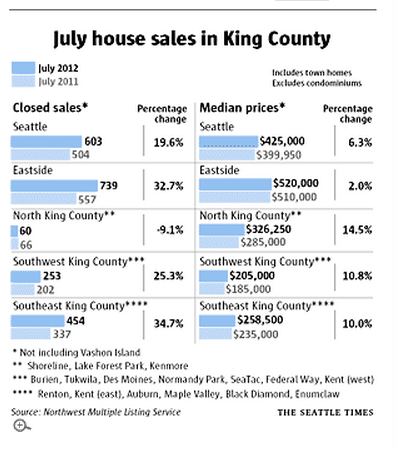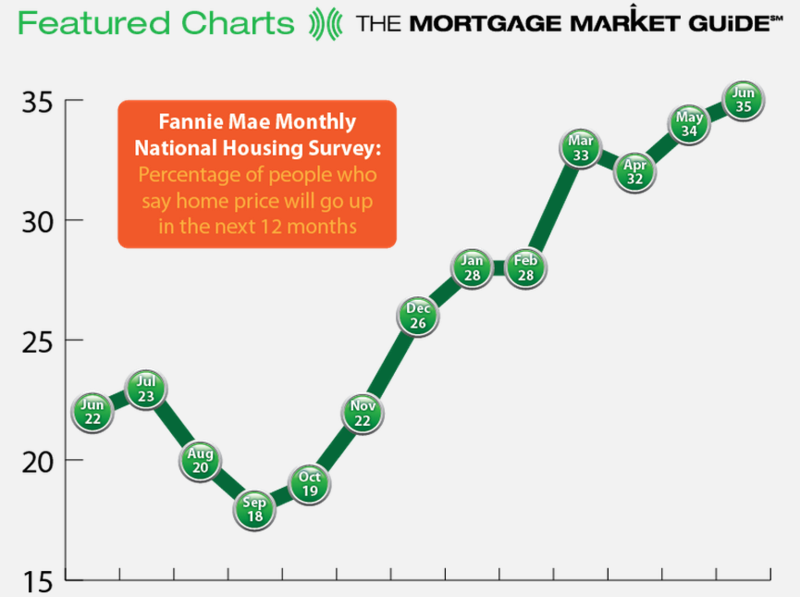Short answer: probably not.
Why? The refinance of the car will impact your credit score as if you have purchased a new car. Credit scoring favors established older debt over new debt. Once you have that new loan, even if the payment is lower and interest rate is lower, the established old debt is paid off and eventually loses the positive impact to your credit scores.











Recent Comments